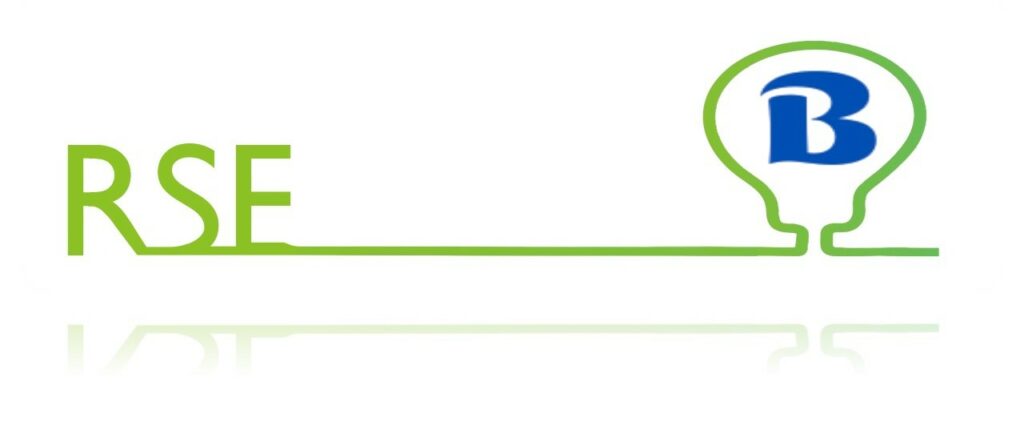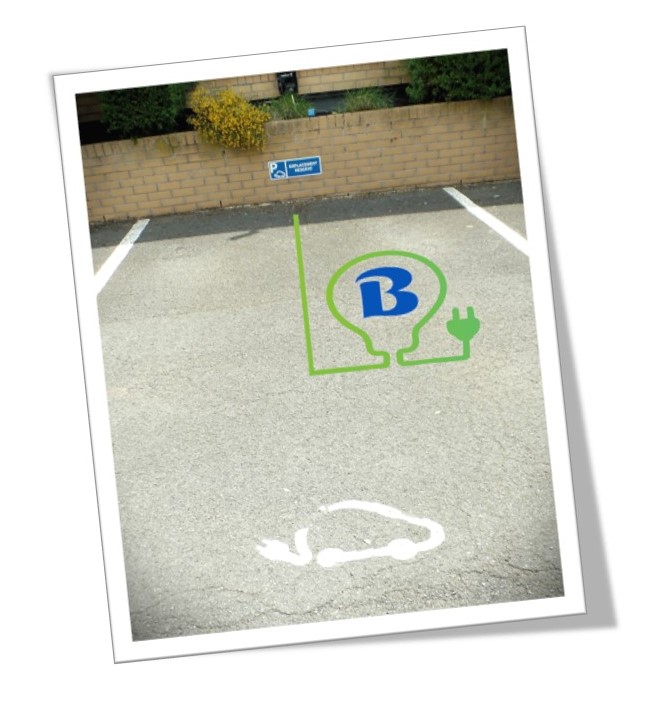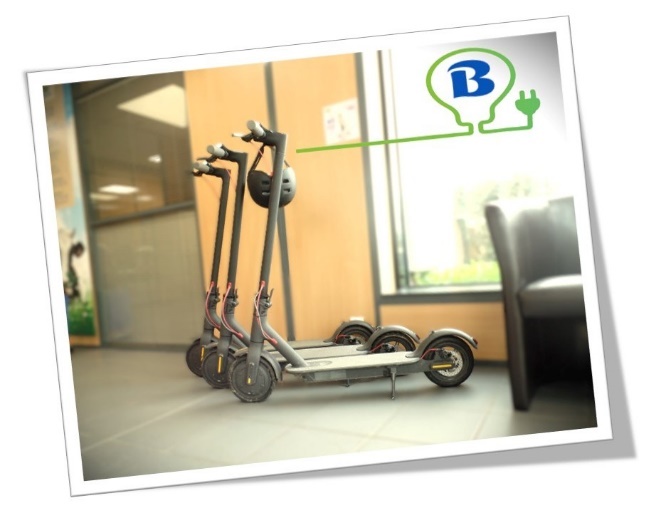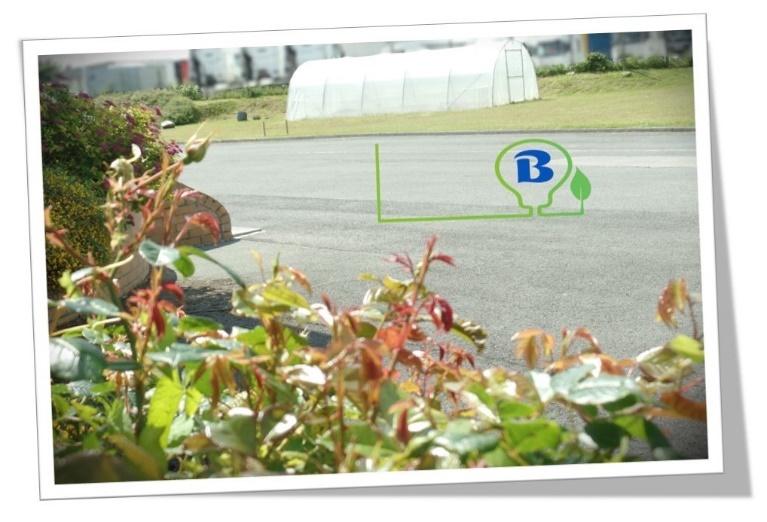Corporate Social Responsibility (CSR)

Corporate Social Responsibility (CSR) is an approach that integrates social, societal and environmental concerns into the organization and activities of companies. BRIOIS is aware of climate and environmental issues, and has implemented a CSR strategy covering environmental, social and economic aspects, in order to promote sustainable development.

Reducing environmental impact:
BRIOIS implements measures to reduce its greenhouse gas emissions, optimize its energy consumption and promote renewable energies. Monitoring our consumption, changing our lighting, providing electric scooters and installing recharging stations for electric and hybrid vehicles are just some of the latest commitments we have made to help reduce our impact on the environment.
Promotion of eco-friendly practices:
Our company encourages all employees to adopt eco-friendly gestures, such as sorting waste for recycling, reducing paper consumption, and avoiding disposable tableware. A ceramic mug offered to each new employee, a bean-to-cup coffee machine, identified waste sorting recycling bins, a collective vegetable garden, the encouragement of dematerialization and the reuse of printed paper are as many examples of ecological actions implemented in our company.



Employee well-being:
Support for the local economy:
BRIOIS favors local hiring, collaboration with local partners and participation in regional economic development. In an employment area that is undergoing economic transition and still suffering from high unemployment rate (over 10%, and higher than the national average), the company is committed to recruiting its employees from the local job market, even if it means providing them with training.
Optimized logistics and communications:
The company favors short supply chains, requires optimized deliveries, and prefers digital communications to reduce its carbon footprint. To optimize our deliveries, and thus reduce the greenhouse gas emissions generated by our economic activity, we ask our suppliers to deliver our raw materials in trucks with a minimum 85% load factor.

